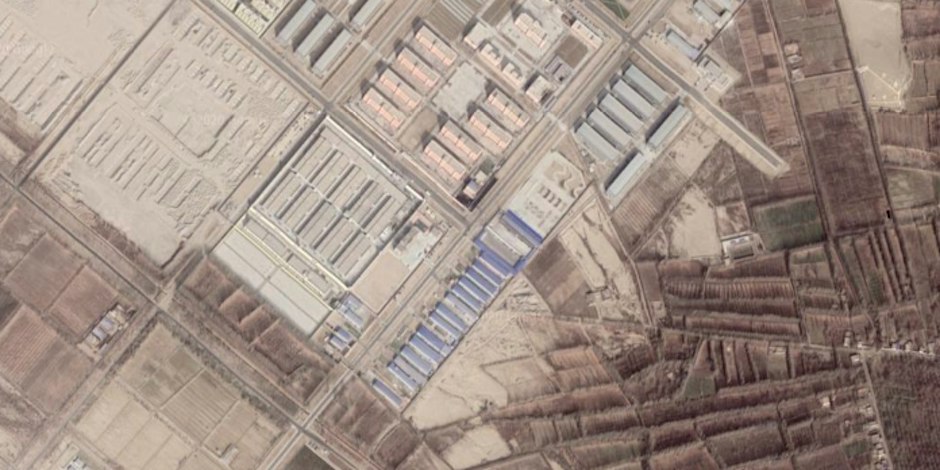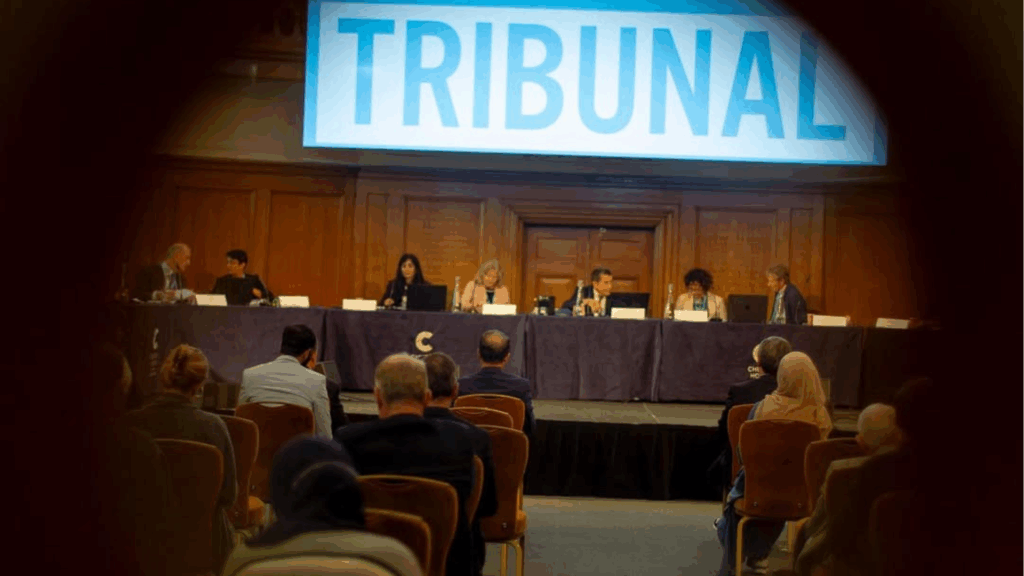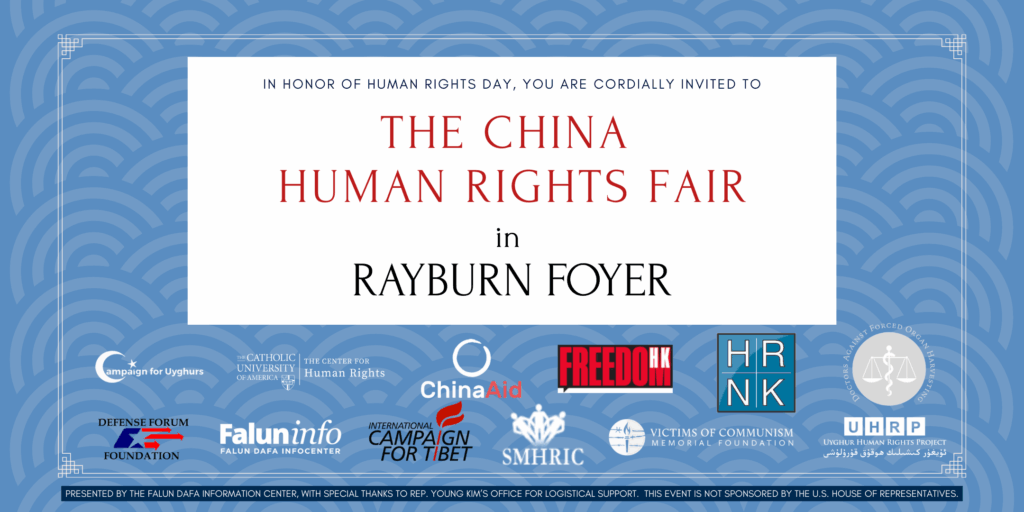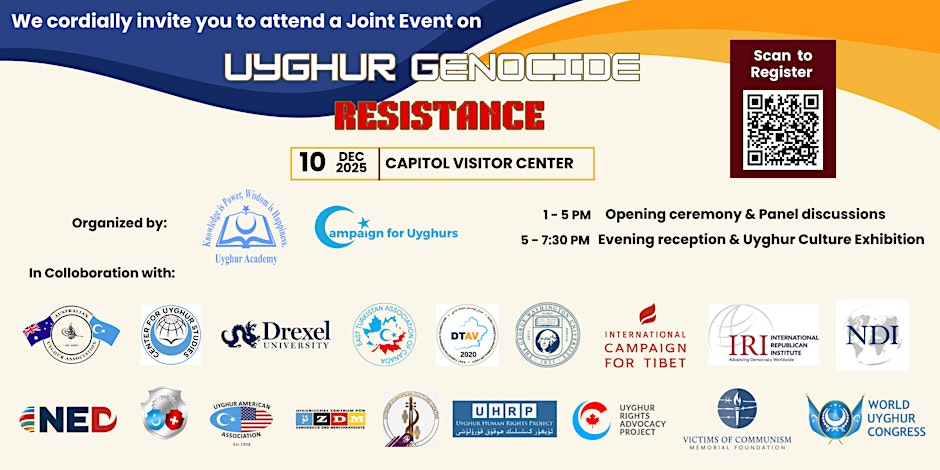The Ordeal of a Uyghur County: Case Records of Mass Detention

February 18, 2020
Researchers will present analysis of the “Qaraqash Document,” also known as the “Karakax List,” a government document from Bostan subdistrict, Qaraqash County (also: Karakax County), Hotan prefecture.
The Qaraqash Document contains data that appears to have been gathered between 2017 and 2019. It lists detailed information about the familial, social, and religious circles of internees under the jurisdiction of the Bostan subdistrict office.
The purpose of the document appears to be evaluating whether the internees should remain in or be released from detention. Read UHRP’s report, “Ideological Transformation”: Records of Mass Detention from Qaraqash, Hotan.
Date and time: Tuesday, February 18, 2020 · 2:30 – 4pm EST
Location: The U.S. Capitol Visitor Center, Room HVC-215, First Street Northeast Washington, DC 20515 United States
Co-sponsors: Uyghur Human Rights Project, Victims of Communism Memorial Foundation
Speakers:
Dr. Adrian Zenz is a Senior Fellow in China Studies at the Victims of Communism Memorial Foundation (non-resident), and supervises PhD students at the European School of Culture and Theology at Korntal, Germany. His research focus is on China’s ethnic policy and public recruitment in Tibet and the Uyghur region. He is author of “Tibetanness under Threat” and co-editor of “Mapping Amdo: Dynamics of Change.”
Mr. Abduweli Ayup is a Uyghur linguist, currently living in Bergen, Norway, as a Fellow with the International Cities of Refuge Network (ICORN). He received his Master’s Degree in Linguistics from the University of Kansas in 2011. After returning to China, he promoted social and cultural rights through promotion of Uyghur-language education. He was imprisoned in 2013-2014, and suffered months of incommunicado detention and torture. His career as a human-rights defender and advocate for linguistic rights is covered in an in-depth UHRP report published in May 2019, “Abduweli Ayup and the Movement for Uyghur Mother Tongue-Based Education.”
Dr. Elise Anderson is Senior Program Officer for Research and Advocacy at the Uyghur Human Rights Project. She is the lead author of the UHRP report. She earned dual PhD degrees in Central Eurasian Studies and Ethnomusicology from Indiana University-Bloomington in August 2019. Her doctoral research was based on years of primary research in the Uyghur region and focuses on the relationships between Uyghur music and politics. Dr. Anderson is fluent in Uyghur and proficient in Mandarin, and is also a practicing musician and dancer. In 2019, she served as Liu Xiaobo Fellow at the Congressional-Executive Commission on China, a U.S. federal commission tasked with monitoring the status of human rights and the rule of law in the PRC.
Mr. Omer Kanat is Executive Director of the Uyghur Human Rights Project (UHRP), a human rights research and advocacy organization based in Washington, DC. He has two decades of experience as a broadcast journalist. From 1999 to 2009 Mr. Kanat was Senior Editor at Radio Free Asia’s Uyghur Service, where he covered the wars in Afghanistan and Iraq, edited Uyghur-language news, conducted exclusive interviews with prominent figures in Inner Asia, including His Holiness the Dalai Lama, and reported on breaking news around the world. Prior to his work at Radio Free Asia, he was Editor and later Senior Editor at Radio Free Europe/Radio Liberty’s Tajik Service.

UHRP Marks Uyghur Genocide Recognition Day 2025 with Call for Sustained Global Action

UHRP Co-Sponsored Event: China Human Rights Fair

Four Years After the Genocide Judgment: Reflections on the Uyghur Tribunal

Uyghur Genocide Resistance
FEATURED VIDEO
Atrocities Against Women in East Turkistan: Uyghur Women and Religious Persecution
Watch UHRP's event marking International Women’s Day with a discussion highlighting ongoing atrocities against Uyghur and other Turkic women in East Turkistan.
